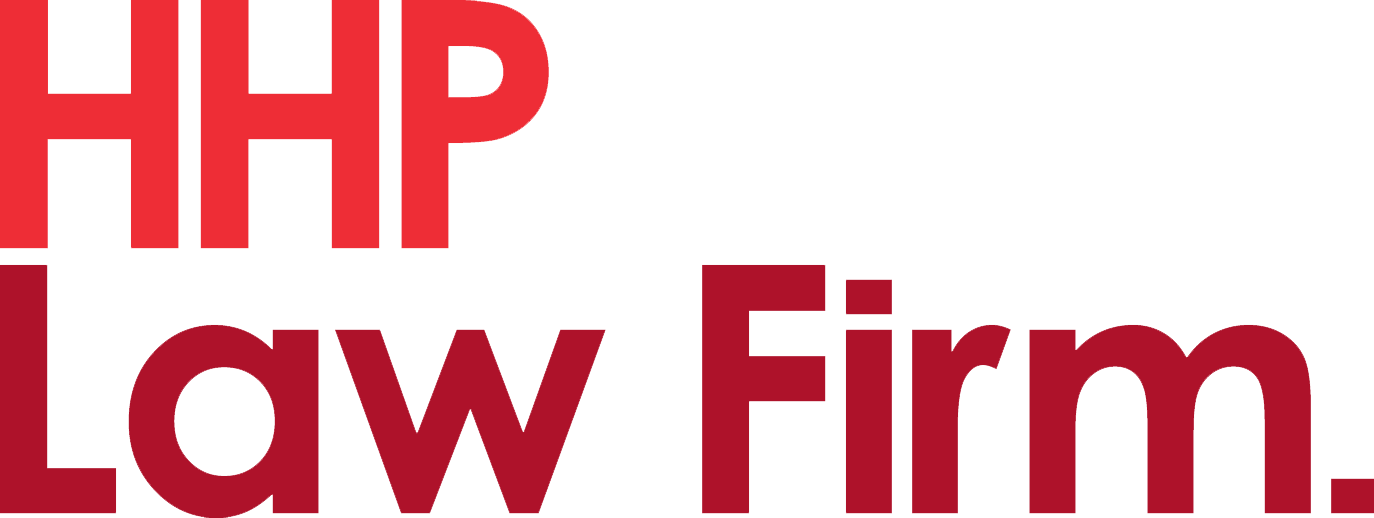In brief
This is the fourth in a series of client alerts in relation to Law No. 4 of 2023 on the Development and Strengthening of the Financial Sector (“P2SK Law“), dated 12 January 2023. You may access our previous client alerts in relation to the impact of the P2SK Law on the financial technology sector here, financing service businesses here and securitization and other financial innovations here.
Aside from asserting the provisions that have been stipulated by the Financial Service Authority (“OJK“), the P2SK Law sets out several new provisions that open a new chapter in the financial conglomeration and consolidation. The P2SK Law now requires financial conglomerates to establish or appoint a financial holding company (perusahaan induk konglomerasi keuangan – ”PIKK”), a legal entity that is expected to control, consolidate and be responsible for all of the financial conglomerate’s activities. The P2SK Law also affirms OJK’s authority to give written orders to financial services companies to push for financial consolidation.
Highlights
The concept of financial conglomeration in Indonesia was first introduced in 2014 to allow OJK to have integrated supervision over financial institutions that are affiliated through common ownership or control. That integrated supervision covers areas of risk management, governance and minimum capital requirements. Before the enactment of the P2SK Law, a controlling shareholder had to appoint one of its financial institutions to be the main entity (entitas utama), which was tasked to perform the financial conglomerate’s compliance activities. The P2SK Law now obliges the controller of a financial conglomerate to establish or appoint a PIKK to consolidate ownership and control over companies under a financial conglomerate and to be responsible for the activities of the financial conglomerate. This is to enable vertical supervision over financial institutions by a holding company, which is expected to be more effective and efficient than horizontal and mixed supervision. The PIKK, as the holding company, is owned by the controlling shareholder or ultimate controlling shareholder. Subject to the issuance of the implementing regulations, PIKK may obtain tax incentives during their establishment and consolidation process.
To keep up with financial businesses, which are getting more complex, the P2SK Law expands the scope of financial conglomeration to encompass all types of financial institutions. At its discretion, OJK may also appoint non-financial institutions that support the function and business of the financial conglomerate to be a part of the financial conglomerate.
The P2SK Law also affirms OJK’s authority to regulate and perform integrated supervision over financial conglomerations. For instance, OJK may issue a written order to any financial institutions to perform merger, consolidation, acquisition, integration or conversion. The concept of this policy is not new. It was initially introduced by OJK in 2020 to apply its banking consolidation policy for commercial banks (bank umum), a policy aimed to strengthen and grow the scale of Indonesia’s banking industry. Indonesia has imposed a series of banking consolidation policies in the form of minimum capital requirements, foreign ownership limitations and single presence policy. As a result, the number of banks in Indonesia has decreased from 130 in 2006 to 107 in 2022. The capital of banks in Indonesia has also significantly increased due to the minimum capital requirements set out under OJK Regulation No. 12/POJK.03/2020 on Consolidation of Commercial Banks. In P2SK Law, the policy is expanded to cover all financial institutions (not only banks).
Closing
The implementing regulations of the P2SK Law are mandated to be issued within two years after the enactment of P2SK Law (i.e., by January 2025), except for the implementing regulations on spin-off of conventional banks’ sharia business units, which is mandated to be issued by July 2023. In essence, P2SK Law strengthens the supervisory authority of OJK over financial conglomerates and financial institutions.
* * * * *

© 2023 HHP Law Firm. All rights reserved. HHP Law Firm is a member firm of Baker & McKenzie International. This may qualify as “Attorney Advertising” requiring notice in some jurisdictions. Prior results do not guarantee a similar outcome.



